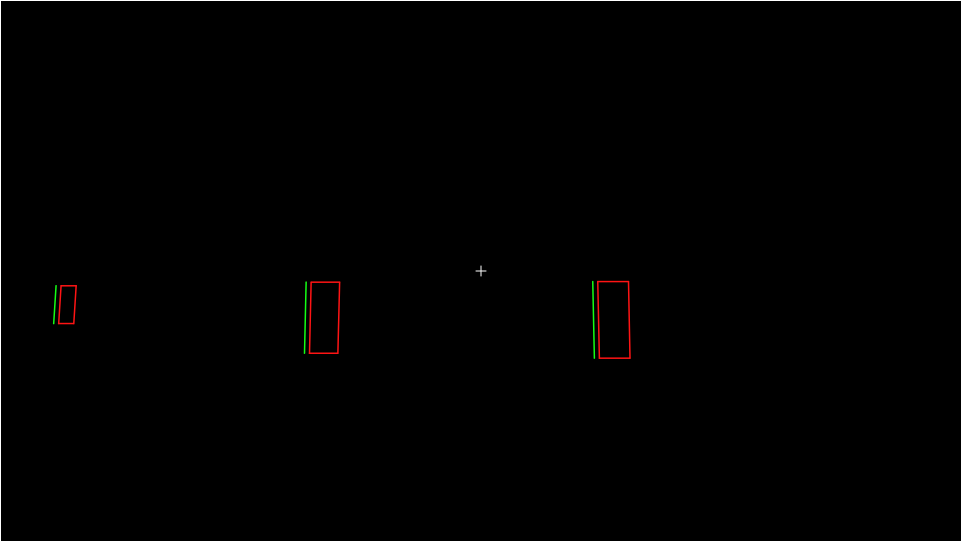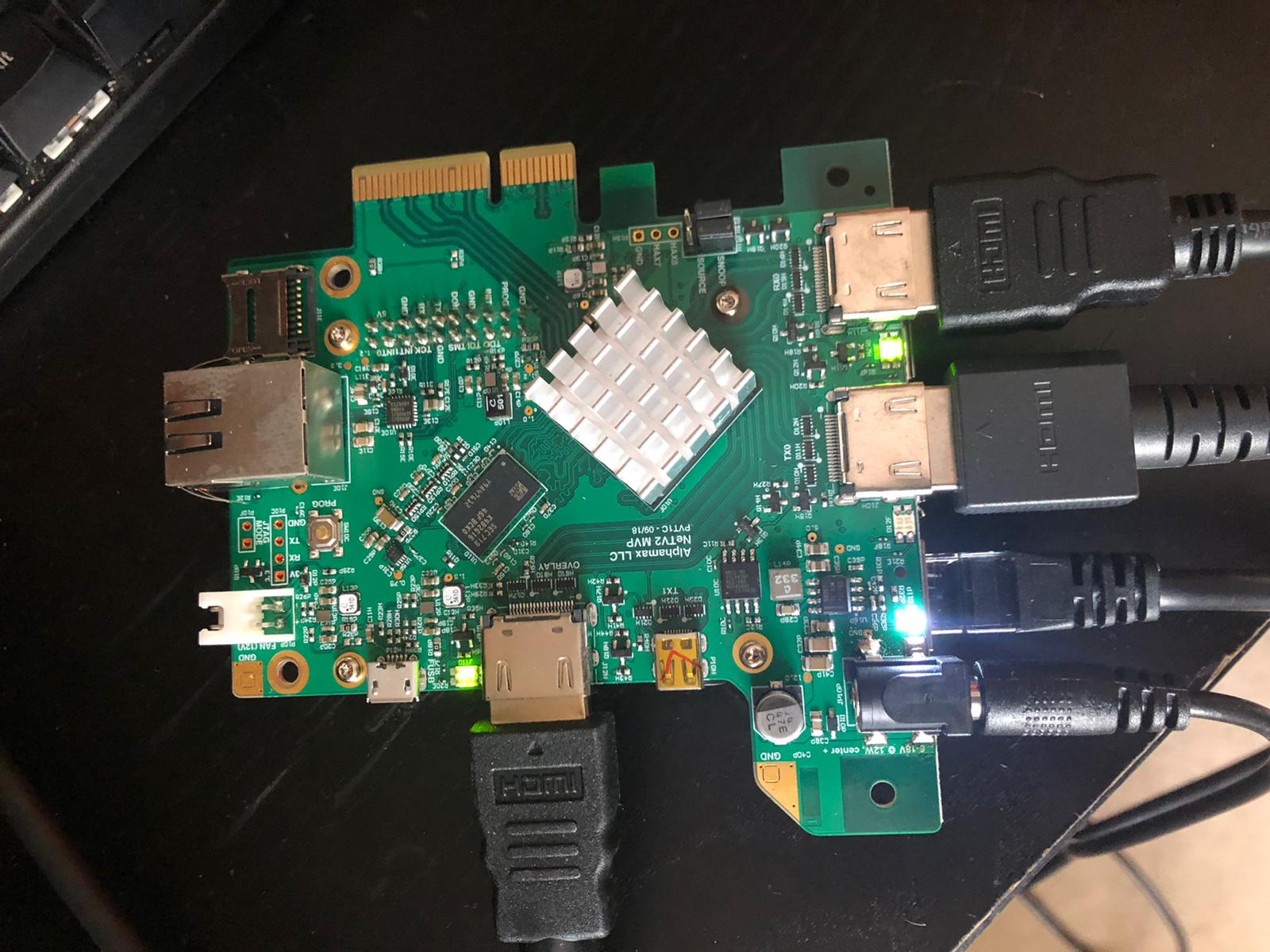This project creates a basic CS:GO ESP using Direct Memory Access. It reads player positions and view angles from memory computes a view matrix1 and then draws this on screen. This is tested to work with ESEA as of this release 27/04/2020.
It uses pattern scanning to find the offsets to use so should work between game updates. Uses the MemProcFS API to interface with windows. This was tested with a SP605 and NETV2, but would probably work with any compatible pcieleech compatible FPGA and generic HDMI overlay device.
1 The pointer to the original is not in the process page tables and I chose not to use offsets
There are three components to this project: The DMA Client and the Overlay client.
This reads the csgo process using pcieleech then creates a websocket for the overlay client to connect to on port 9002.
This is a webpage that connects to the DMA client via a websocket and then draws the output to screen using p5.js
I use a NETV2 which overlays the two HDMI streams to create the output which can then be plugged into any monitor this supports 1080p @ 60Hz
VAC:
Lol no chance VAC is too advanced.
ESEA:
There are some reports of pcileech being detected. I highly doubt this as scanning of the pci bus is highly intensive and would impact performance of a CPU bound game such as CS:GO, anyway use at your own risk. Just change your vendor ids I spoofed a realtek ethernet card and it works fine.
FACEIT:
Untested
The HDMI overlay and stream do not allign have fun fixing this, probably best done in software. More Info
ESEA place some weird patterns in memory specifically to trip up pattern scanners. If you can't find valid patterns try skipping/not skipping specific patterns.
Could very likely be sped up. Ideas:
- Use
MemReadScatter(Most likely to help) - Stop using a web based overlay lmao
Doesn't work well between games never bothered to look at this
Didnt bother to look at supporting multiple resolutions only supports 1920x1080 (16:9)




